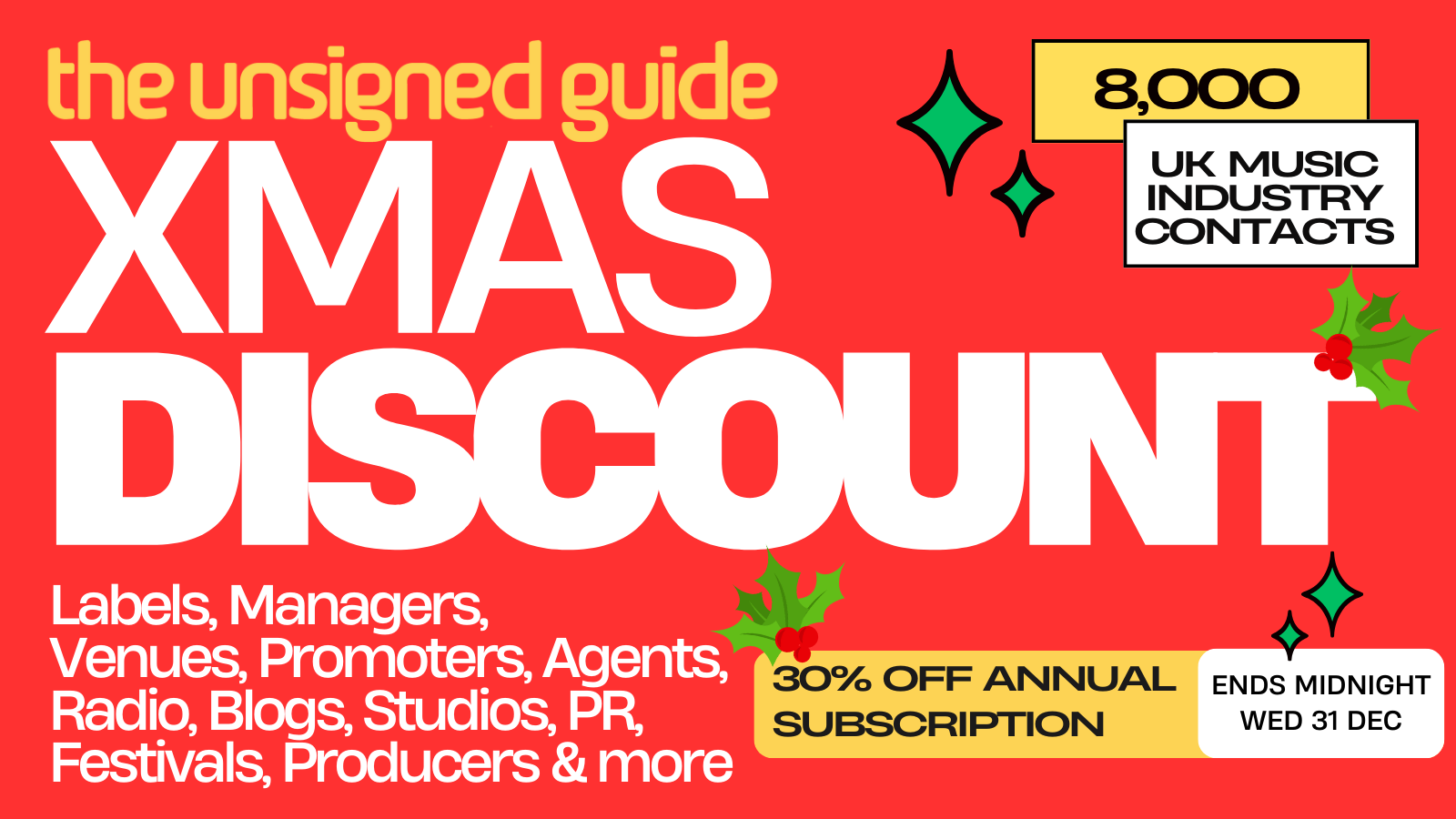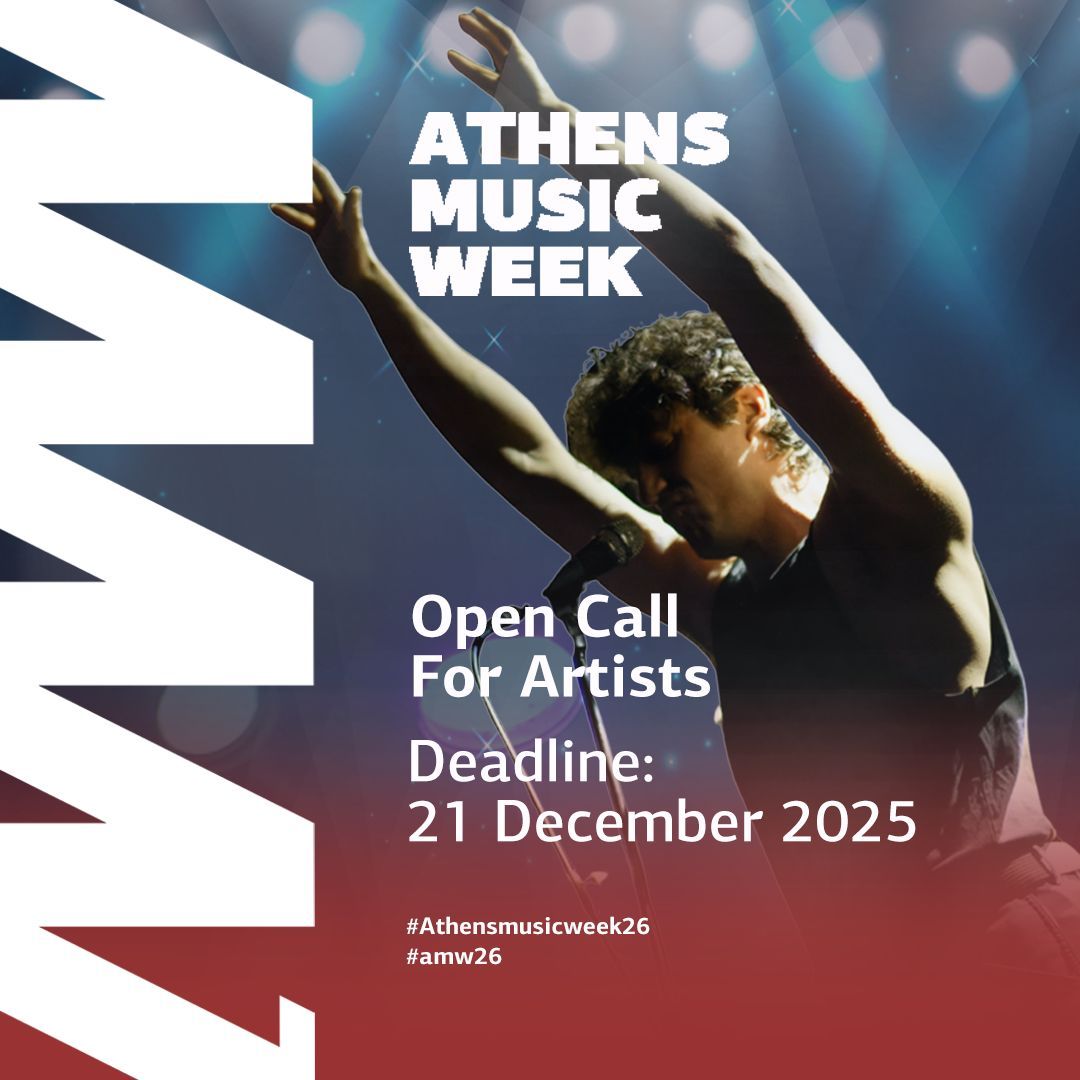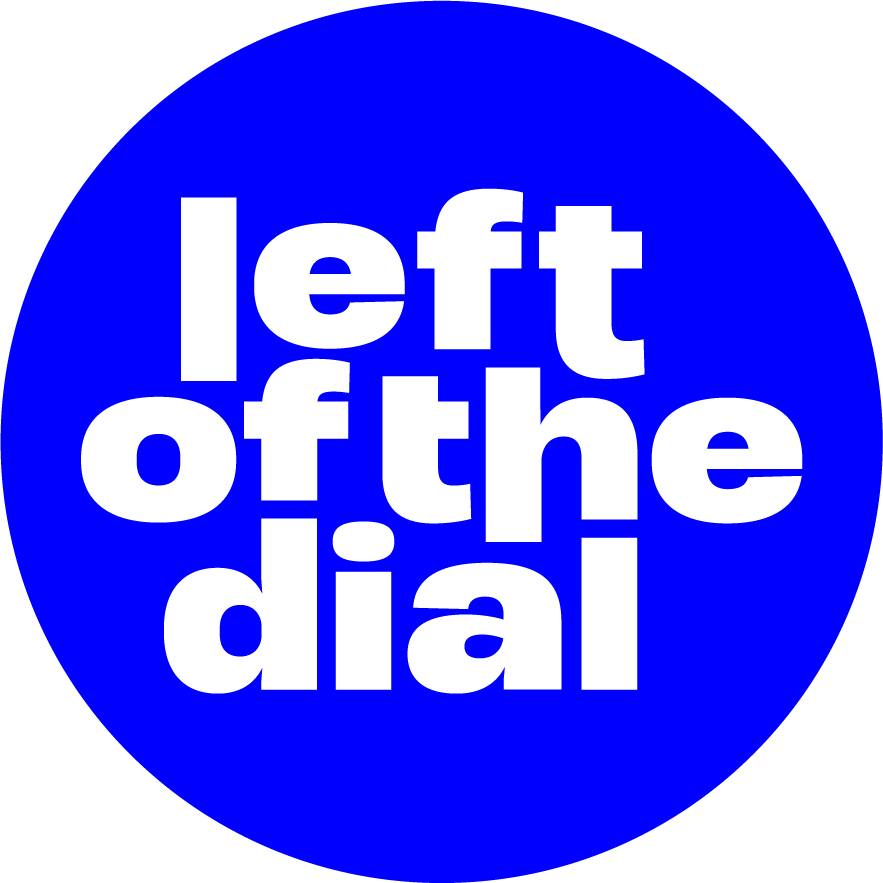The Basics – Who does what in the music industry?
Blog by Louise Dodgson under Artist Managers, Creative & Branding, Finance, Law & Music Business, Live, Media, Music Publishing, Music Training & Careers, Record Labels, Recording & Production, Selling & Distributing Your Music

An abbreviation of the term ‘Artists & Repertoire’, this is basically the role of someone seeking out new talent. An A&R rep or manager may work for a record label, management company or music publishing company, as each has an A&R Department that will always be on the lookout for exciting, emerging talent to sign.
A band or artist manager will represent you, overseeing business and financial negotiation and deals, and sourcing and securing opportunities for your music. If you are open to it, a manager can also offer creative input in terms of how to best present your music; for instance, they may have suggestions on the best stand-out tracks to send onto labels from previous experience they have in dealing with them. The role can vary greatly, depending on what stage of your career you’re at and who else you may have on board e.g. agent, label, PR company etc. For instance, if you are yet to find a booking agent to work with, your manager may undertake all gig, tour and festival bookings for you.
A booking agent handles all live bookings for a band, from tour dates and festival slots around the UK or further afield. Until you have secured the services of an agent, your manager (or yourself) may be tackling all gig bookings, but the advantage of working with a booking agent is the established contacts they will have to secure shows at larger venues, support slots, or a better placement on a festival bill than you would be able to organise yourself. The booking agent will also take care of negotiations of live contracts, and is paid as a percentage cut of the income from your live performances.
Collection Society:
Collection societies collect royalties on behalf of artists and songwriters. There are 3 collection societies in the UK - PRS For Music, MCPS and PPL; each collecting a different type of royalty.
PRS For Music collect royalties generated from songs when they are performed, played in public, broadcast or used online. The membership of this society is made up of songwriters and composers, as well as music publishers.
MCPS also administers copyright in songs and, again, its members are publishers and songwriters. However, rather than dealing with the public performance of songs, this society issues licences for the mechanical reproduction of musical works. Although this type of use is most readily associated with record companies making physical records and CDs, it also applies to broadcasters and online services.
PPL’s primary function is to administer the producers’ and performers’ rights in sound recordings and in many respects its function is similar to PRS for Music. Whenever recorded music is performed in public or broadcast on radio or TV, PPL issues a licence to the venue or broadcaster and collects royalties on behalf of producers and performers. However, unlike PRS and MCPS, PPL has no current role in administering sound recording rights online.

A distributor enables you to get your release onto the likes of Spotify, iTunes, Google Play (digital distribution) and/or to record shops (physical distribution). Their role covers licensing your music to retailers, creating and ensuring Metadata is correct (the info used to describe your release such as artist/band name, release name, barcode, ISRC and any territory restrictions), processing and delivery of the release to digital or online stores, and gathering royalties for your release.
A music publisher or music publishing company is responsible for ensuring songwriters and composers receive payment when their compositions are used commercially. Remember, this differs from the ‘recording’ of a song, music publishers are only concerned with the actual song composition.
A PR company works to promote your releases to blogs, press, radio and other media; securing coverage, and reviews in magazines and online, or interviews and sessions on radio and TV. A plugger is slightly different and typically specialises in the field of radio to get your track playlisted for regular airplay on national and regional stations.
Producer:
In the studio, working with a good record producer can make a vital difference to the sound and recording of your track. The role of a producer varies, depending on how hands-on you want them to be, but can involve gathering creative ideas for the project, suggesting changes to song arrangements, controlling recording sessions, organising session musicians and supervising the entire process to produce the best quality recording possible. You can read more on the roles of a music producer here.

Promoter:
The name ‘promoter’ often causes much confusion and is assumed to be someone who promotes your music to the media (see PR Company/Plugger above). A promoter is in fact someone who puts on gigs so you may also see the terms ‘gig promoter’, ‘music promoter’ or ‘concert promoter’ used as well.
A record label or record company takes care of a great many functions in the career of a band or artist. As well as releasing your single, EP or album, they will also use their resources to market and promote it. Depending on the scale of the record label, they may also pay for the recording, production, mastering and pressing of your CD or vinyl. For DIY artists who have already achieved this by themselves, they can simply get your release out into the world and promote it. Record labels can also provide tour support - covering the costs for your band to go out on the road in order to push a release by financing travel, accommodation, equipment expenses, per diems and so on.
ALSO READ:
The Basics: A Guide to emailing the music industry with your tracks
Day In The Life - Danny Roberts, A&R Scout, Decca Records
Day In The Life - Dan Weller, Music Producer, Mixer & Songwriter
Tags
Music industry roles explained






